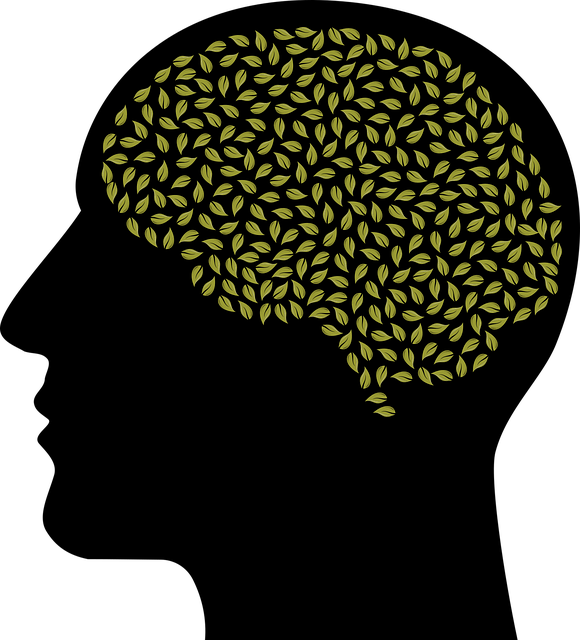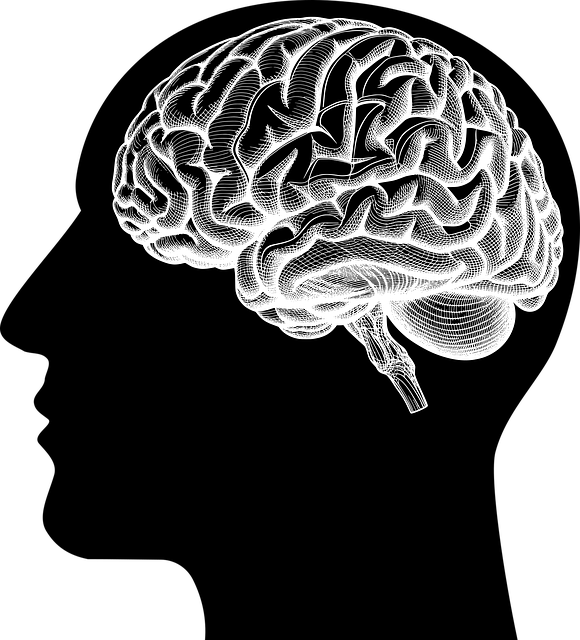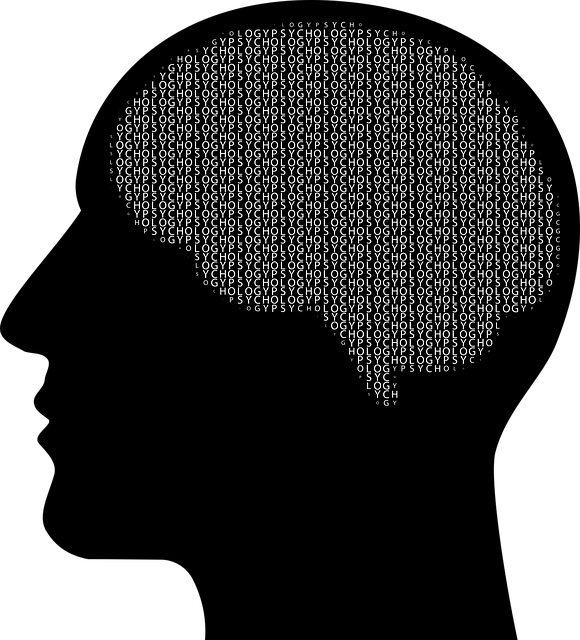Westminster Oppositional Defiance Disorder (WODD) is a behavioral disorder affecting children and adolescents, characterized by opposition and defiance towards authority figures. Effective therapy includes behavior modification, cognitive-behavioral therapy, family therapy, mental wellness coaching, and mindfulness meditation. Cultural sensitivity in journaling can complement these treatments, offering a safe space for self-expression and emotional regulation. Combining mental wellness journaling with professional WODD therapy enhances symptom management, fosters awareness, resilience, and depression prevention, ultimately improving mental health.
Mental wellness journaling offers a powerful tool in managing Westminster Oppositional Defiance Disorder (WODD), improving overall mental health, and fostering personal growth. This article guides you through understanding WODD’s impact on mental wellness and exploring the therapeutic benefits of journaling. We provide practical tips and exercises to enhance your journaling practice, offering a structured approach to navigate challenges and promote positive change. Discover how this simple yet effective method can be a game-changer in your journey towards better mental health and resilience.
- Understanding Westminster Oppositional Defiance Disorder (WODD) and its Impact on Mental Wellness
- The Power of Journaling as a Therapeutic Tool for WODD Management
- Practical Tips and Exercise Guidance for Effective Mental Wellness Journaling
Understanding Westminster Oppositional Defiance Disorder (WODD) and its Impact on Mental Wellness

Westminster Oppositional Defiance Disorder (WODD) is a behavioral disorder characterized by frequent and consistent opposition and defiance towards authority figures. It typically manifests in children and adolescents, impacting their relationships, academic performance, and overall mental wellness. Individuals with WODD may exhibit irritability, argumentativeness, and defiance, often leading to conflicts at home and school. This disorder can significantly affect a person’s ability to manage emotions, follow rules, and maintain healthy social interactions.
Understanding WODD is crucial for effective therapy and managing its impact on mental wellness. Therapy approaches for WODD focus on behavior modification techniques, cognitive-behavioral therapy, and family therapy. Mental wellness coaching programs can also play a vital role in helping individuals develop coping strategies, improve emotional regulation, and enhance their overall well-being. Mindfulness meditation practices have been shown to be beneficial in managing anger and improving impulse control, which are common challenges associated with WODD. Additionally, advocacy for better mental health policies is essential to ensure accessible and effective treatments for disorders like WODD, fostering a supportive environment for recovery and development.
The Power of Journaling as a Therapeutic Tool for WODD Management

Journaling has emerged as a powerful therapeutic tool for individuals managing Westminster Oppositional Defiance Disorder (WODD). By providing a safe and private space to express thoughts and emotions, this simple yet effective practice can significantly enhance mental wellness. Through regular writing, individuals with WODD can develop coping skills, gain deeper insights into their behaviors, and improve their ability to regulate emotions.
Cultural sensitivity in mental healthcare practice plays a crucial role in the effectiveness of journaling as a therapeutic intervention. Tailoring the process to accommodate individual cultural backgrounds ensures that the journal entries are not only meaningful but also resonate with the person’s unique experiences. The Mental Wellness Podcast Series Production can offer valuable insights into various journaling techniques, helping individuals discover and implement methods that align with their personal preferences and needs. This approach fosters a sense of self-discovery, empowerment, and improved mental wellness, ultimately contributing to better management of WODD symptoms.
Practical Tips and Exercise Guidance for Effective Mental Wellness Journaling

Mental wellness journaling can be a powerful tool for individuals navigating challenges like Oppositional Defiant Disorder (ODD). When combined with professional therapy, such as that offered by the Westminster Oppositional Defiance Disorder Therapy program, it becomes an effective coping mechanism. Here are some practical tips to enhance your journaling experience:
Start each entry by setting an intention—be it processing emotions, tracking behaviors, or identifying triggers. This focus guides your reflection and ensures every session has a purpose. Incorporate various prompts like “Describe a challenging interaction and how you responded,” or “What strategies helped me feel calmer today?” to encourage self-exploration. For instance, if Social Skills Training is part of your therapy, journal about social interactions, noting successful techniques and areas for improvement. This practice not only improves mental health but also aids in Depression Prevention by fostering awareness and resilience.
Mental wellness journaling can be a powerful tool in managing symptoms of Westminster Oppositional Defiance Disorder (WODD), offering individuals a safe space to process emotions, track progress, and gain insights. By combining self-reflection with structured exercises, this practice empowers those affected by WODD to take control of their mental health and foster positive coping mechanisms. Through regular journaling, one can develop a deeper understanding of their triggers, learn effective strategies for managing defiance, and ultimately enhance overall well-being. With its therapeutic benefits, mental wellness journaling is an accessible and valuable addition to any WODD therapy regimen.








